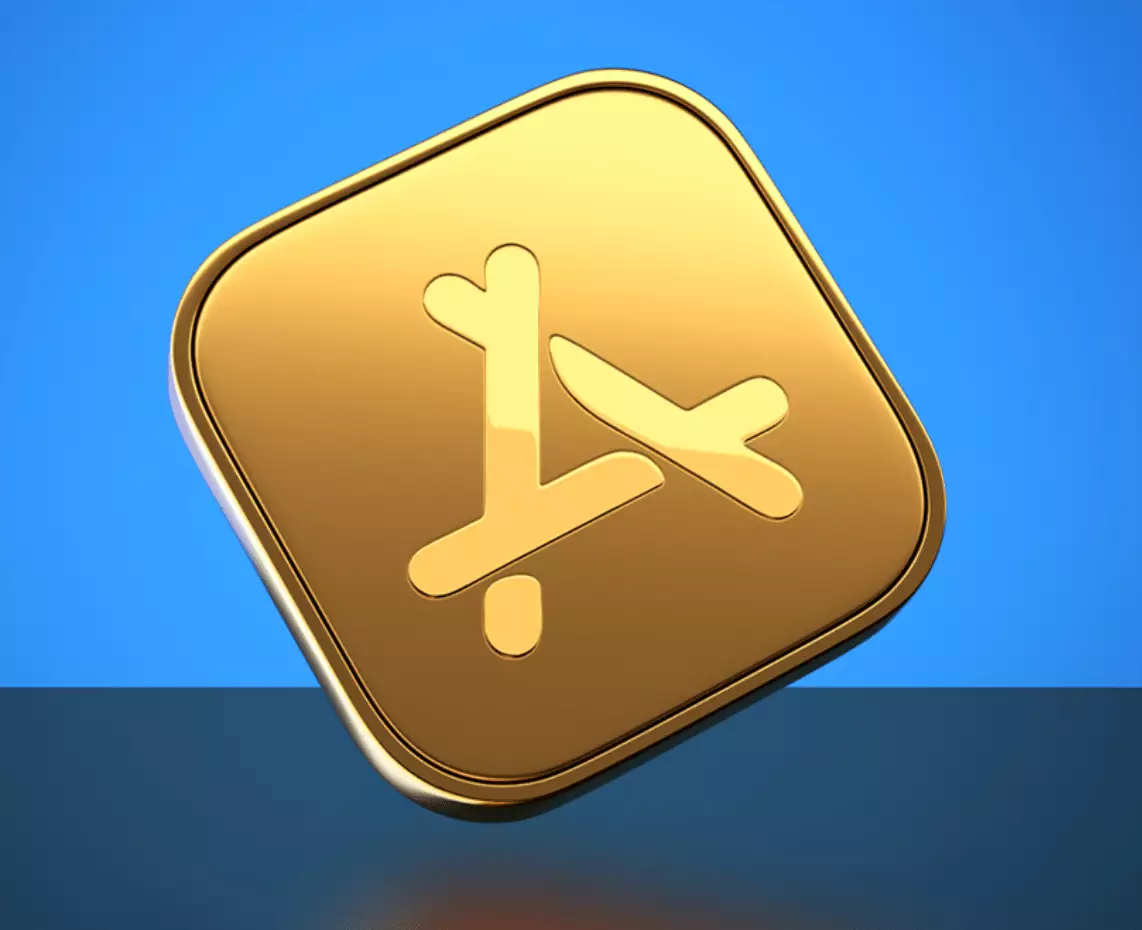The annual announcement of the iPhone App of the Year nominees by Apple often serves as an insightful window into the company’s priorities, particularly regarding emerging technologies. This year’s selection has reignited the debate over Apple’s stance on artificial intelligence (AI) within the mobile app ecosystem. Instead of embracing a transformative trend, Apple continues to focus on traditional applications that enhance user capabilities rather than redefine them through automation.
In a landscape increasingly dominated by AI innovations, Apple’s 2024 finalists for the iPhone App of the Year appear decidedly conservative. There’s a notable absence of mainstream AI applications such as ChatGPT, which has emerged as a significant player in the tech sphere. Despite its rapid rise—becoming the fastest-growing consumer application after reaching 100 million users shortly after its launch in early 2023—ChatGPT, along with other AI-driven applications from Microsoft and Anthropic, failed to secure nominations. This exclusion raises questions about Apple’s criteria for assessing app impact and significance, especially given that ChatGPT is now integrated into Siri, ostensibly highlighting a partnership that Apple could leverage more prominently.
Moreover, the continuing oversight of such advanced tools raises potential concerns regarding how Apple positions itself in relation to AI technologies. Instead of spotlighting groundbreaking apps that harness AI’s capabilities for productivity, entertainment, or user interaction, Apple appears committed to elevating traditional tools that encourage users to engage in creative activities without the aid of AI.
The finalists listed by Apple emphasize a human-centric approach to app development, often aligning with activities that require user skill and creativity. For instance, apps like Kino facilitate professional video recording, while Runna tailors running plans for sports enthusiasts. Such nominations suggest that Apple favors apps that not only enhance productivity but also cultivate personal achievements and skills, thereby promoting a philosophy of user empowerment rather than reliance on automation.
Interestingly, while a few AI-powered apps did make it into some of the other categories—perhaps as a nod to the technology’s growing relevance—they remain the exception rather than the rule. Music practice app Moises and Adobe Lightroom, with its AI-enhanced features, received recognition, yet even here, Apple’s description seemed understated compared to the powers these technologies bring to the user experience.
Cultural impact is another area where the finalists spotlight a traditional narrative. The application EF Hello, recognized for its language-learning capabilities, was the only app within the Cultural Impact category explicitly labeled as AI-enhanced. This selective highlighting suggests that while AI continues to underpin numerous applications—functioning invisibly in the background—Apple’s emphasis remains on the tangible outcomes of user engagement. This approach reflects a broader cultural phenomenon where advancements in technology often remain unacknowledged if they do not fit neatly into established frameworks of usage.
In contrast to Apple’s systematic curation, other tech giants like Google have readily embraced AI’s potential. For example, its selection of Partiful as its app of the year illustrates a willingness to acknowledge and reward innovation driven by cutting-edge technology. This divergence highlights a stark contrast in how these leading companies view the integration of AI into daily life.
As the app ecosystem evolves, consumers are increasingly drawn to solutions that promise to streamline tasks and offer enhanced experiences, often powered by AI. Apple’s current stance may very well be a double-edged sword. While it successfully champions user creativity and independent skill development, it risks obsolescence if it fails to adapt to the shifting technological landscape that consumers are demanding.
The lack of recognition for AI solutions in Apple’s selections could signal a desire to remain rooted in traditional business models, potentially alienating a segment of users excited about the automation and efficiency that AI technologies can provide. Moving forward, Apple faces the challenge of finding a balance between promoting human endeavor and embracing the inevitable integration of AI, which continues to shape the mobile app landscape in profound ways.
Apple’s 2024 finalists encapsulate a cautious approach toward AI, favoring apps that celebrate human creativity over those that integrate automation, prompting questions about the future trajectory of its App Store and the broader implications for developers and users alike.

